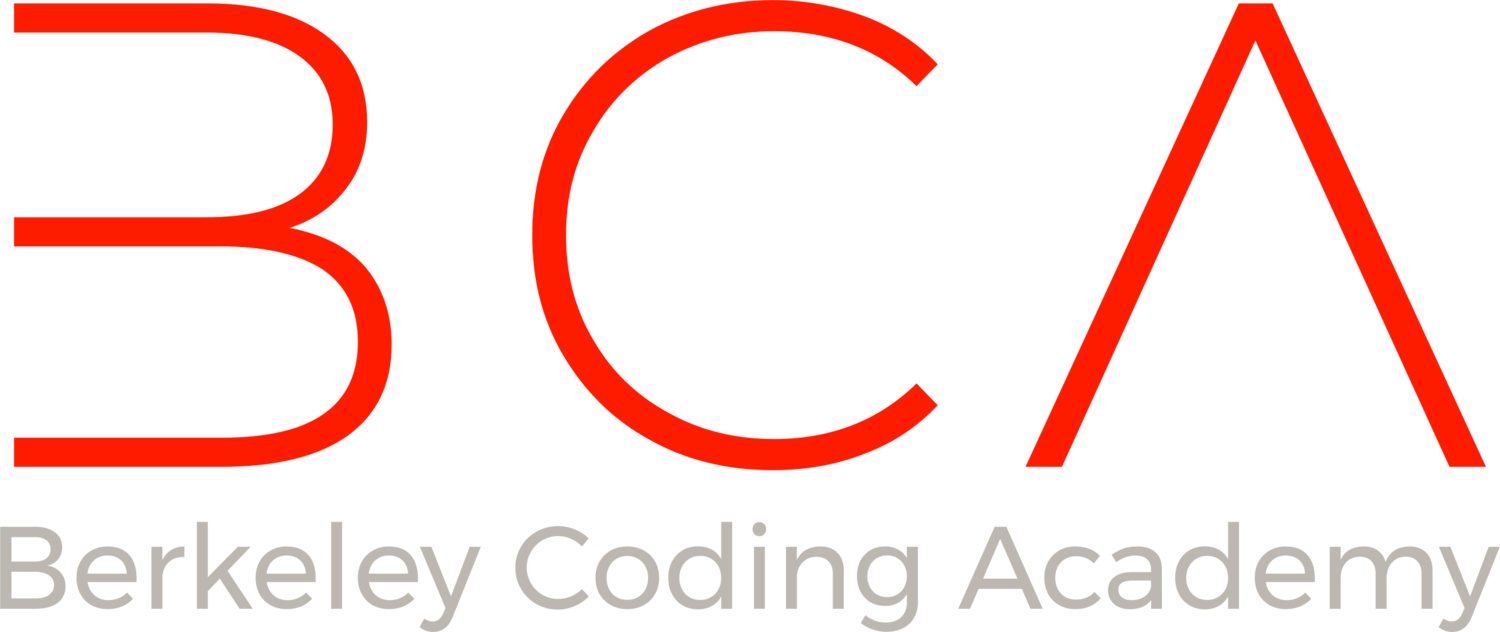Artificial Intelligence as Collective Intelligence
When we think of artificial intelligence (AI), we often picture a machine detached from human beings. But this perspective misses a crucial point: AI is not machine intelligence in the sense that it emerges solely from technology. It is collective intelligence—the culmination of human contributions across many organizations, societies, and generations throughout time.
Kasparov vs. Deep Blue: Man v Many
An iconic moment in AI history was the chess match between world champion Garry Kasparov and IBM’s Deep Blue. At the time, many skeptics doubted a machine could ever defeat a grandmaster. Chess was considered too complex and intricate for machines to master. Finding the best move through brute-force computation wasn’t feasible as the sheer number of permutations—especially in the middle and endgame—was and still is far beyond what any computer could calculate.
In their first series of matches, Kasparov decisively defeated Deep Blue, affirming the superiority of human intuition and creativity. But some years later, a reprogrammed Deep Blue triumphed. The machine's victory shocked the world. Some of its moves were so unexpected that Kasparov accused IBM of human intervention.
In reality, Kasparov wasn’t defeated by a single “mind,” but the collective intelligence of scores of programmers, chess experts, engineers, and generations of players whose games had been analyzed and absorbed into Deep Blue’s database. The machine also stood on the shoulders of AI pioneers like Alan Turing and Gottfried Leibniz, whose work paved the way for computational systems.
Beyond Chess: AI as a Reflection of Us
The idea of AI as collective intelligence isn’t unique to chess. It applies to every AI system we interact with today. Take self-driving cars, for example. When you step into one, you aren’t entrusting your safety to a single machine. That car represents the work of tens of thousands of people—engineers, programmers, researchers, and testers—all contributing to its development. It’s a product of collective human effort.
The same is true of tools like ChatGPT. It’s not “smarter” than you or me. What makes ChatGPT powerful is that it has been trained on an enormous database of human knowledge and ideas, accumulated over centuries. In essence, interacting with ChatGPT is like consulting a scholar who has read and absorbed everything. Its intelligence doesn’t belong to the machine per se but to the collective contributions of real people who created, refined, and shared that knowledge.
Machines as Partners, Not Rivals
Despite the popular appeal, the idea of "man vs. machine" sets up an adversarial relationship between humans and technology, ignoring the reality that machines are tools—extensions of human ingenuity. They’re created by us, for us, to make life better and more efficient.
Take cosmology as another example. When astronomers analyze data from the far reaches of space to uncover the origins of matter, the sheer volume of data coming through is far too great for any single human to process. AI steps in to help, not as a competitor, but as a partner. AI helps scientists transform massive datasets into insights that we can understand and share, enabling discoveries that would be otherwise impossible.
A New Perspective on Intelligence
Shifting our perspective from "machine intelligence" to "collective intelligence" allows us to see AI in a clearer light. It’s not a replacement for human intelligence, but a reflection of human creativity, collaboration, and innovation. AI amplifies our abilities, enabling us to combine our knowledge and expertise in ways never before possible.
Corey Wade
Corey Wade is the director and founder of Berkeley Coding Academy where teens from around the world learn the Python code behind AI. He is the author of Hands-on Gradient Boosting with XGBoost and Scikit-learn and The Python Workshop.
